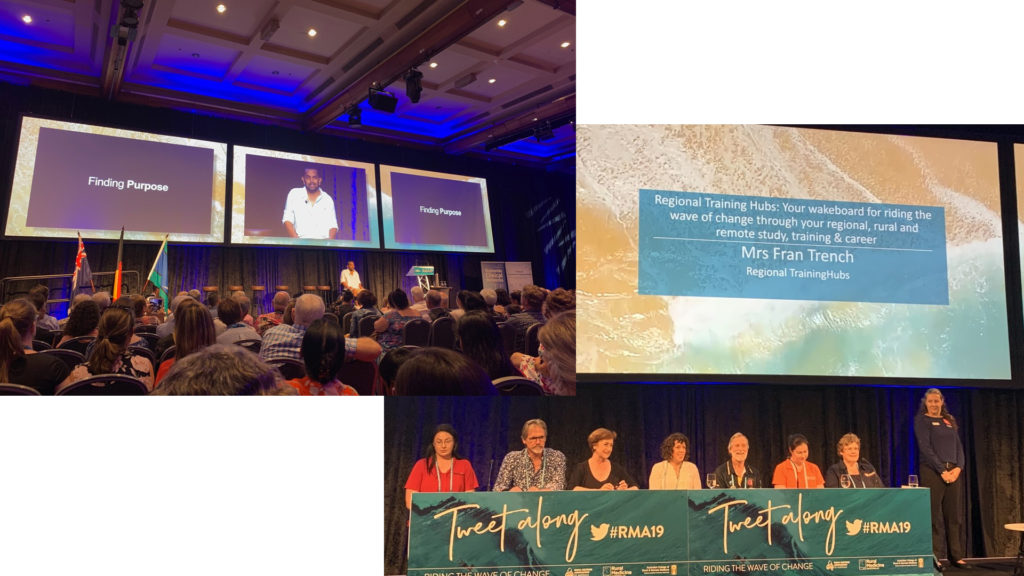GOLD COAST, Australia, 23rd October 2019: Today, DermaSensor, the medical device company that aims to enable healthcare professionals to efficiently check for skin cancer, demonstrates its revolutionary skin cancer detection technology concept at the Rural Medicine Australia Conference on the Gold Coast.
This annual conference and research/scientific health forum is hosted by the Australian College of Rural and Remote Medicine (ACRRM) and the Rural Doctors Association of Australia (RDAA). Nearly 900 rural doctors, medical students and other rural health stakeholders from across the country attended the event.
Rural Medicine Australia 2019 aims to educate and inform rural health professionals including junior doctors, students, educators, academics, and medical practitioners who are passionate about generalist medicine in rural and remote communities.
Kevin Scrimshaw, Commercial Director, ANZ and Martina Clark Territory Business Manager, VIC Australia from the DermaSensor Team are in attendance conducting market research into the optimal performance levels for the DermaSensor device, a world-first technology designed to augment clinician assessment of skin lesions for cancer.
“We are pleased to return for the second year in a row to present DermaSensor’s technology to further understand how it might one day help rural doctors quickly and effectively check for skin cancer,” explains Kevin. “We look forward to the feedback from participants so we can bring to market the best possible skin health tool,” he says.
This exciting breakthrough uses Elastic Scattering Spectroscopy – a technology pioneered at Boston University and University College London that uses light to evaluate cellular and subcellular structures of the skin.
The device is undergoing FDA and TGA approval and is expected to be available in Australia in 2020. This low-cost, easy-to-use device is being developed with the aim of improving the way general practitioners assess the skin. The handheld DermaSensor device takes five quick recordings via non-invasive sub-cellular scans and provides a “higher risk” or “lower risk” results, all in less than 30 seconds per lesion.
